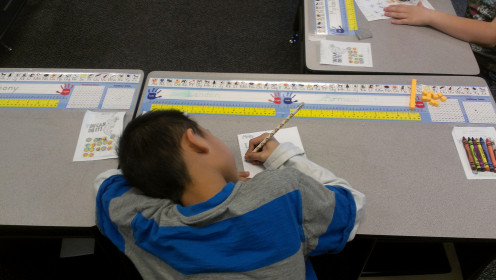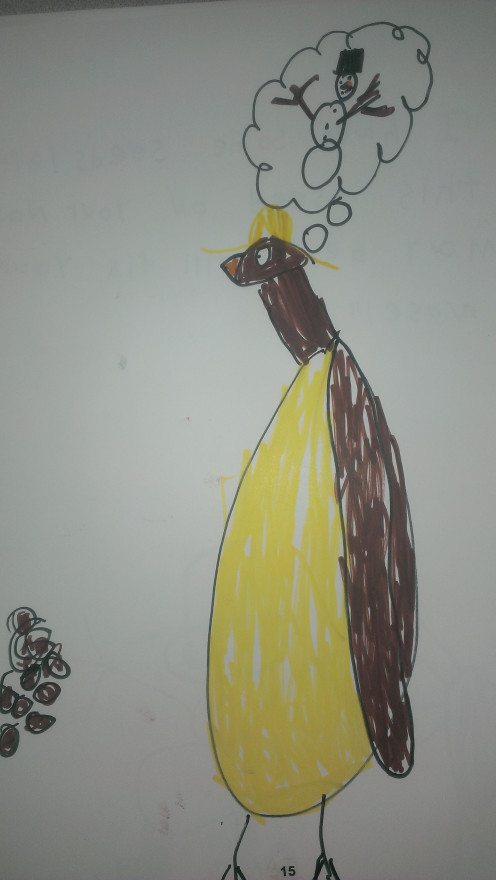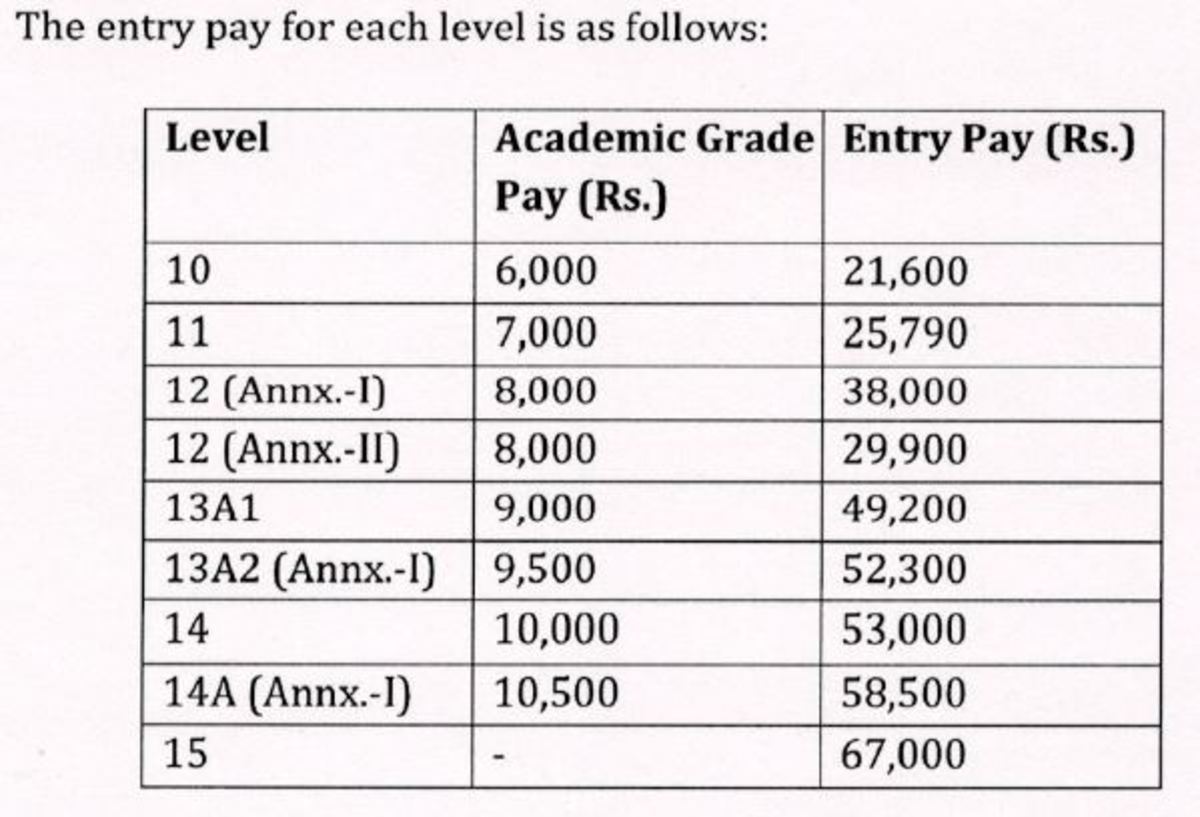How To: Promoting Teacher Appreciation
Justateacher

Teacher Appreciation Week
Teacher appreciation week is the first full week in May. Parents rush around to find the perfect gift for their children’s teachers during this week. There are many school supply stores that offer bargains for these parents, and offer gift cards and special gadgets or trinkets, as well. All to show how much they appreciate the work the teachers in lives do.
Show Appreciation By Helping in the Classroom
I can tell you, though, that although teachers love those gift cards and trinkets, they just love to be appreciated. Most of the teachers I know would rather that you show your appreciation in small ways throughout the school year, rather than spending time and money for one week out of the school year. There are many ways that you can do that.
During the school year there are many times that teachers need extra help. They can use help grading papers. They can use an extra person to listen to students read sight words or practice letters. There is almost always a student who can use someone to sit beside them and help them work throughout the day. Usually teachers can use help copying materials or preparing materials for the students.
Teachers Appreciate Hardworking Students...

How To Appreciate Your Teacher
- Help grade papers
- Get materials ready for a lesson
- Sit by a child that needs extra help
- Support your teacher with behavior concerns
- Help students with sight words or math facts
- Make sure your child returns homework (and don't do it for your child!!)
- Listen to the teacher's concerns about your child
- Support the teaching profession
Support the Teacher
There are also other ways to show appreciation to teachers. The biggest way is to support what the teacher says and insist that your child follow the rules at school and complete homework assignments. (This doesn’t mean do the homework for your child, either!) When a teacher calls you as the parent about a discipline problem with your child, help the teacher get to the bottom of the problem. Don’t insist that your little angel could not have done whatever it was, but listen to the teacher openly and honestly to see if perhaps your angel might have been the problem. Most of the problems are minor, but still need attention from the parent. Saying that your child could not have misbehaved sends a signal to your child that it is okay to be a little stinker – then those small problems could turn into larger problems down the line.
Listen
If the teacher thinks that your child has a disability of some sort, listen to him or her. Teachers have worked with children with many different disabilities in their careers. Teachers are not experts in all disabilities, but they can see the tell-tale signs of some of the most common ones. If the teacher suggests that your child might have a learning disability or a speech-language issue, listen to them and seek professional advice from your doctor or other professional. Even if the teacher is wrong, at least you have ruled out that disability and then the teacher can work on different teaching styles to help your child. The teacher is not telling you these things in order to hurt you or to question your ability as a parent – he or she is bringing these things up to help your child learn to the best of his abilities.
...And Handmade Drawings!

If You Feel You MUST Get A Gift
Teachers do not want expensive gifts - we appreciate them, but don't expect them. If you feel that you must purchase a gift, here are some ideas:
- Gift cards to a teacher supply store
- Gift card for spa treatments
- School supplies for the classroom
- Learning games for indoor recess
- Gift cards for nearby fast food places for those quick teacher lunches
- Anything handmade by your child!
Teaching is a Grand Profession
Another way to show appreciation for teachers in general is to not belittle the profession. Teaching is not just standing in front of a group of kids and lecturing for seven or eight hours a day. It is not all coloring and recess and lunch. In today’s teaching world, teaching is trying to teach a class of up to thirty or more children – all at different learning levels and with different learning styles. It’s about helping all students, regardless of ability, to learn what they need to learn in order to be successful in life. It is also about assessing those students through school, district, state and national testing weekly. And don’t forget planning for all of those children – even a “simple” reading assignment can turn into hours of planning when you have to consider the needs of each child in your classroom. You also have to teach students how to behave – many children come to school without even knowing basic manners – it has become the teacher’s job to teach these, as well as character traits and general behavior. Planning can turn into a three or four hour chore each and every school night.
Teachers also must go to trainings throughout the school year and the summer to become better at their jobs. Things change often in education. There is always some new thing that has been proven the best way to teach students, and teachers must be taught how to implement that in the classrooms. Then, if you are lucky, there is new technology being added to the classroom and teachers need to be trained in how to use it.
It's Not For The Money!
Teaching is a tough job. No teacher gets into teaching for the money – they could get much more money for much easier jobs. They don’t go into teaching for the accolades – those come in few and far between. Most teachers go into teaching because they absolutely love working with children and helping them to learn how to succeed in life. They love those “light bulb moments” when the child’s eyes light up because they finally get the concept. They love the sticky hugs and high fives and hand-drawn pictures.
Show Appreciation All Year Round
Find some ways to show your child’s teacher how much you and your child appreciate him or her. Let your child draw those pictures and give those sticky hugs. Back up the teacher when your little one is in trouble. Help out the teacher by making copies or grading papers. Tell the teacher how much your appreciate his or her hard work in teaching your child. These little acts of kindness will go further than even the most expensive store bought treasure you could find. And your child’s teacher will, in turn, appreciate you.








